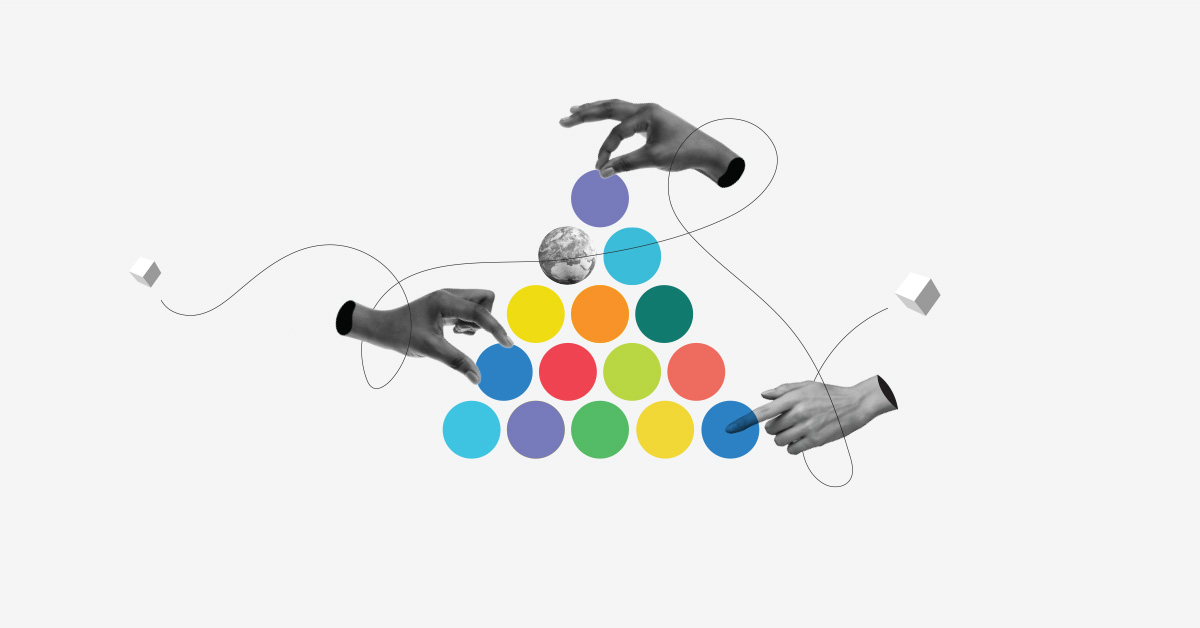The microcredentials are designed to support newcomers to Canada in developing the skills, knowledge, and practice unique to Canadian workplaces.
Who can take these courses?
Students must be:
- A newcomer to Canada. A newcomer is defined as a citizen, refugee, or permanent resident who has been living in Canada for less than five years. Those who have received an invitation for permanent residency but have not arrived yet in Canada are eligible to participate.
- At least 18 years old.
- Legally entitled to work and study in Canada (or pending approval upon arrival).
NOTE: International students or those on work visas are not eligible to participate.
Students are recommended to have:
- A CLB (Canadian Language Benchmark) of at least 6+.
- Minimum high school education or equivalent.
- Access to a computer or laptop and reliable internet. Delivery Institutions are expected to provide access to one as needed.
- Some work experience, in any industry, either international or Canadian.
- Basic digital skills. Specifically, students will need to be able to independently navigate new digital environments, such as the Learning Management System.
Download and use these free microcredentials to complement your curriculum.
Communication
Communication in the workplace is important and includes specific actions and behaviours that demonstrate how to convey information and ideas in a team or individual context.
This microcredential teaches students how to communicate clearly and purposefully; adapt to audience and context, prioritize collaboration, and define self-improvement goals while assisting coworkers
or clients. Once students complete their coursework, they will receive a recognized credential, such as a certificate or badge, that verifies their skills.
- Includes 20-hours of fully independent online learning.
- Includes virtual simulations, case studies, case-based exercises, and role plays.
- Available under Creative Commons CC BY-NC-SA 4.0 DEED.
- Available in English and French.
Collaboration
Collaboration is an important part of teamwork. It involves thinking and working as a group towards a common goal to find the best solution.
This microcredential teaches students how to practice specific actions and behaviours that demonstrate collaboration and develop strategies to collaborate effectively in the workplace. The course also teaches students to value multiple perspectives, improve connections, and focus on solutions. Once students complete their coursework, they will receive a recognized credential, such as a certificate or badge, that verifies their skills.
- Includes 20-hours of fully independent online learning.
- Includes virtual simulations, case studies, case-based exercises, and roleplays.
- Available under Creative Commons CC BY-NC-SA 4.0 DEED.
- Available in English and French.
Adaptability
Adaptability is a valuable skill that allows people to accept and incorporate planned or unplanned changes and new working conditions.
This microcredential allows students to practice specific actions and behaviours that demonstrate flexibility and develop strategies to adapt effectively in the workplace. The course also teaches students how to manage changing expectations and goals, plan for setbacks, manage emotions, and define self-improvement goals. Once students complete their coursework, they will receive a recognized credential, such as a certificate or badge, that verifies their skills.
- Includes 20-hours of fully independent online learning.
- Includes virtual simulations, case studies, case-based exercises, and role plays.
- Available under Creative Commons CC BY-NC-SA 4.0 DEED.
- Available in English and French.
These microcredentials were developed through Skills Enhancement for Newcomers, a program delivered by Colleges and Institutes Canada and funded by the Government of Canada’s Skills for Success program.

